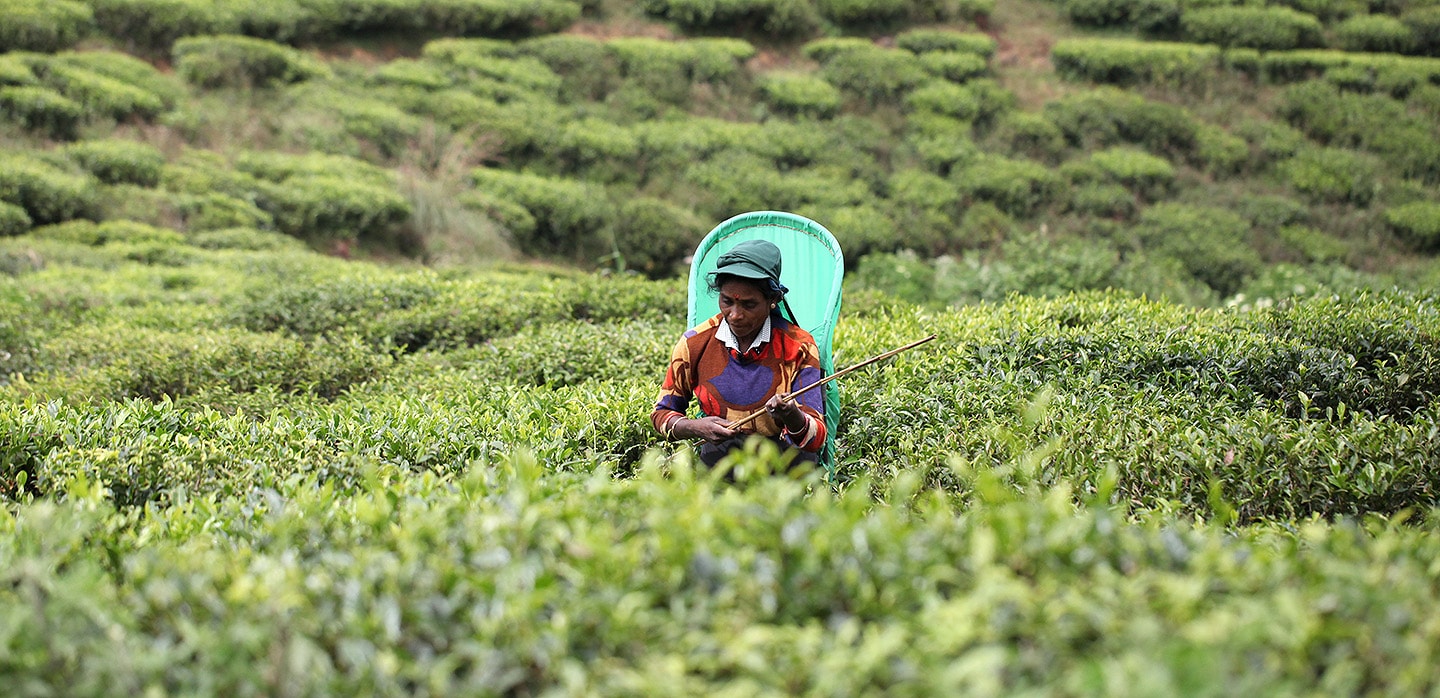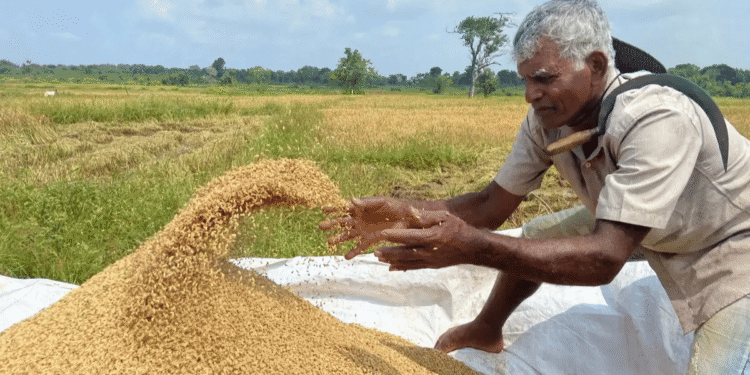On Sunday, November 21, 2021, Sri Lanka abandoned its goal of becoming the world’s first totally natural farming nation, claiming it would immediately impose an import ban on pesticides and other agricultural inputs.
The island nation has been in the clutches of a severe economic crisis, with a lack of international trade leading to food, crude oil, and other essential items shortages. Last month, the government lifted limitations on fertilizer imports for tea, the country’s most important export. However, ahead of planned farmer protests in the capital, Sri Lanka’s agricultural ministry announced that a broader ban on all agrochemicals, including herbicides and pesticides, will be lifted. “We will now allow chemical imports that are urgently needed,” Udith Jayasinghe, the ministry’s secretary, told the private News First TV channel. “We made this decision in light of the need to secure food security.”

“After the import embargo was first implemented in May, large swaths of farmland were left desolate. Shortages have exacerbated in the last week, with prices for rice, greens, and other market essentials doubling across Sri Lanka. Supermarkets have also rationed rice sales, allowing only 5 kilograms (11 pounds) for each customer. Farmers’ organizations planned to march on Colombo’s national parliament on Friday to demand the import of critical chemical compounds to protect their crops. President Gotabaya Rajapaksa justified the import embargo by claiming that he needed to return Sri Lankan agriculture to its natural state.
The policy was implemented after the island’s cash-strapped economy took a huge hit as a result of the Covid-19 outbreak, with tourism revenues and foreign employee remittances plummeting. Last year, the government tried to prevent stifling international trade by barring a number of imported commodities, including several foods and spices. Last month, Sri Lanka closed its lone oil refinery after running out of cash to buy petroleum. Read more: Sri Lanka declares a food emergency as the country’s currency crisis intensifies
Also Read: The Agrotech Report of 2022 is believed to win a new record.










